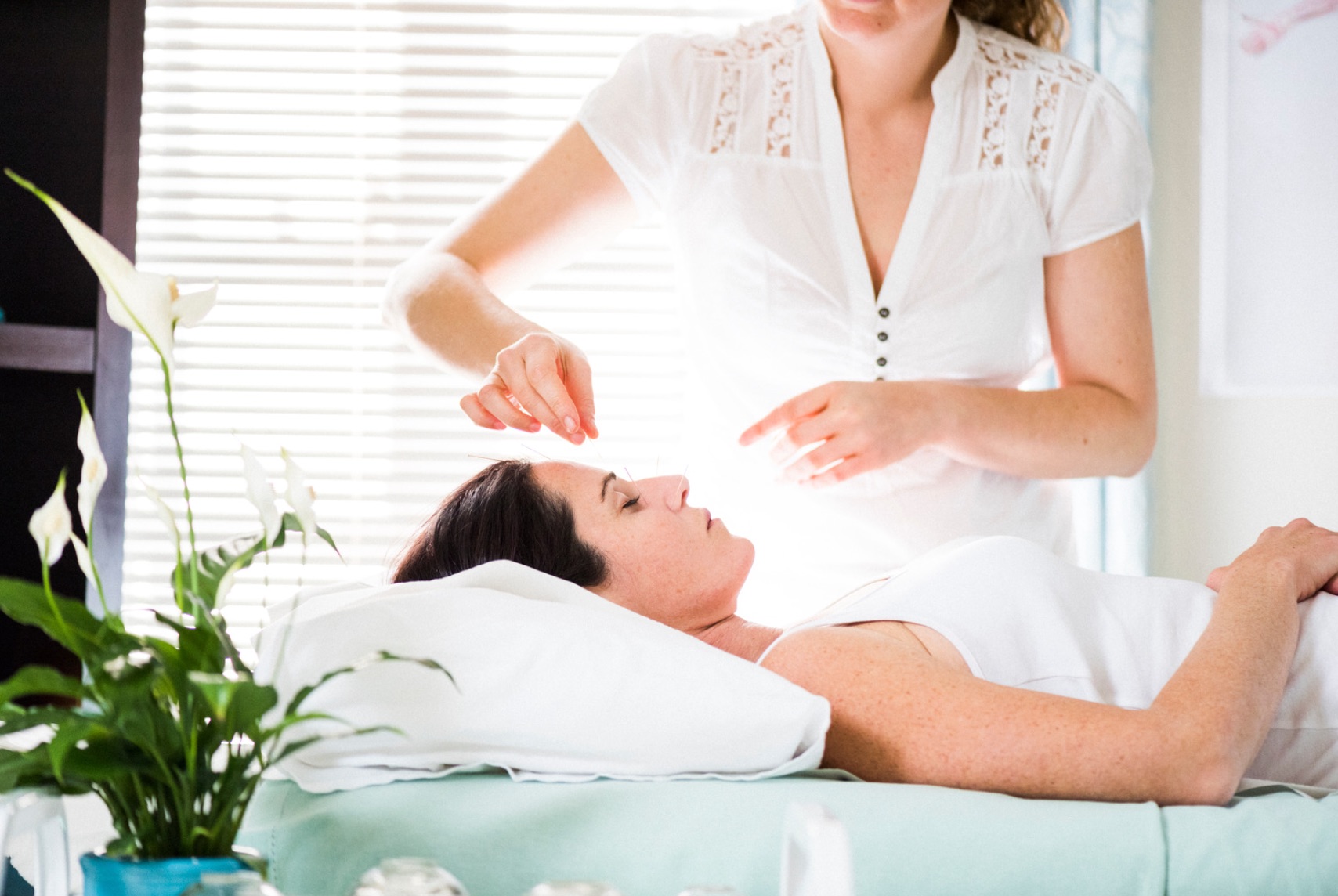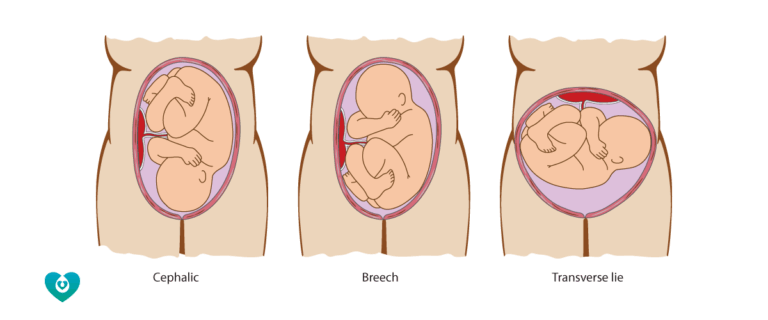The luteal phase, the period between ovulation and the start of your next menstrual cycle, plays a vital role in fertility. A shorter luteal phase, known as Luteal Phase Defect (LPD), can significantly reduce the chances of pregnancy by limiting the time for implantation. In this article, we’ll explore why the luteal phase is so important for conception, what causes it to be too short, and how acupuncture can help regulate and lengthen this phase—boosting your chances of a successful pregnancy. Acupuncture, a well-known traditional Chinese medicine practice, is gaining attention for its role in correcting hormonal imbalances and improving fertility, particularly in women experiencing luteal phase issues.
Understanding the Luteal Phase and Its Importance for Fertility
The luteal phase is the second half of your menstrual cycle, beginning after ovulation and ending right before menstruation starts. It typically lasts 12 to 14 days, during which the body produces progesterone to prepare the uterine lining (endometrium) for a potential pregnancy. If an embryo successfully implants, the body continues producing progesterone to support the early stages of pregnancy.
A shortened luteal phase can mean that your body isn’t producing enough progesterone, leading to early menstruation and insufficient time for a fertilized egg to implant in the uterine lining. This makes a short luteal phase a significant barrier for those trying to conceive .
What Causes a Short Luteal Phase?
A luteal phase shorter than 10 days is often diagnosed as Luteal Phase Defect (LPD). The most common reasons for this condition include:
• Hormonal Imbalances: Particularly low progesterone production, which is essential for maintaining the uterine lining.
• Stress and Lifestyle Factors: High levels of physical or emotional stress can disrupt hormone production, leading to a shorter luteal phase .
• Underlying Health Conditions: Conditions like thyroid disorders, polycystic ovarian syndrome (PCOS), or chronic inflammation can also impact luteal phase length.
Symptoms of a Short Luteal Phase
• Shorter menstrual cycles (less than 25 days)
• Spotting between ovulation and the start of menstruation
• Difficulty getting pregnant
• Recurrent early miscarriages
How Acupuncture Can Correct a Short Luteal Phase
Acupuncture works by stimulating specific points on the body to balance hormonal levels, improve blood flow, and reduce stress—factors that are all critical to lengthening the luteal phase and improving fertility outcomes. Let’s dive into the specific ways acupuncture can support a healthy luteal phase.
1. Regulating Progesterone Levels
One of the main issues with LPD is insufficient progesterone production. Progesterone is essential in thickening and maintaining the uterine lining, so low levels can lead to premature shedding and early menstruation. Research shows that acupuncture can regulate the hypothalamic-pituitary-ovarian (HPO) axis, which controls hormone production, including progesterone . By targeting acupuncture points associated with the reproductive system, acupuncture can naturally increase progesterone production, thus lengthening the luteal phase.
2. Enhancing Blood Flow to the Uterus
Another key benefit of acupuncture is its ability to improve blood flow to the uterus and ovaries. Increased circulation helps nourish the endometrial lining, making it more receptive to an embryo. A well-nourished uterus creates a favourable environment for implantation, which is critical for women with LPD .
A 2017 study published in PLOS One demonstrated that acupuncture can increase uterine artery blood flow, creating optimal conditions for conception .
3. Reducing Stress and Cortisol Levels
Stress is a major contributing factor to hormonal imbalances, including LPD. High levels of the stress hormone cortisol can interfere with progesterone production, leading to a shorter luteal phase. Acupuncture is widely known for its ability to reduce stress by activating the parasympathetic nervous system, lowering cortisol levels, and promoting relaxation .
In turn, this reduction in stress allows the body to focus on hormonal regulation, improving both the luteal phase and overall fertility health.
4. Supporting Emotional Well-being
Coping with fertility challenges can take a significant emotional toll. For many women, the emotional stress of infertility exacerbates hormonal imbalances, creating a vicious cycle. Acupuncture not only addresses physical symptoms but also supports mental and emotional well-being by releasing endorphins and helping patients manage their emotional response to infertility.
Scientific Support for Acupuncture in Treating Luteal Phase Defect
Numerous studies back the effectiveness of acupuncture in treating luteal phase defects and improving overall fertility outcomes. A clinical trial published in the Journal of Complementary and Alternative Medicine found that women who received acupuncture for fertility saw improvements in their luteal phase length, along with increased progesterone levels .
Another study, conducted by Paulus et al., observed that acupuncture used alongside IVF treatments improved implantation rates by improving uterine blood flow and hormone balance .
Case Study: Acupuncture and Luteal Phase Lengthening
In a case study, a 35-year-old woman with recurrent early miscarriages and a luteal phase averaging just 9 days sought acupuncture treatment. After three months of weekly acupuncture sessions focusing on hormonal regulation and stress reduction, her luteal phase extended to 13 days. Six months later, she successfully conceived and carried the pregnancy to term.
When to Seek Acupuncture for Luteal Phase Support
If you’ve been tracking your menstrual cycle and notice that your luteal phase is consistently shorter than 10 days, or if you’re experiencing recurrent early miscarriages, it may be time to consider acupuncture. Acupuncture is particularly beneficial when used in conjunction with other fertility treatments, such as IVF or hormonal therapy.
What to Expect from Acupuncture Treatment at Acumamas
At Acumamas, our acupuncture treatments are designed to support all stages of the menstrual cycle, with a specific focus on regulating the luteal phase. Treatment typically begins during the follicular phase (the first half of the cycle) and continues through the luteal phase, ensuring a holistic approach to fertility support.
We work closely with our patients to develop personalized treatment plans that address their unique hormonal profiles and fertility goals. If you suspect that LPD is affecting your ability to conceive, we’re here to help.
Conclusion
A healthy luteal phase is essential for conception and early pregnancy. If you’re experiencing issues such as a shortened luteal phase or recurrent early miscarriages, acupuncture offers a natural, non-invasive solution to help correct hormonal imbalances, improve blood flow, and reduce stress. At Acumamas, we specialize in fertility acupuncture treatments designed to restore balance and optimize reproductive health. Book a consultation today to learn how acupuncture can support your journey toward conception.






